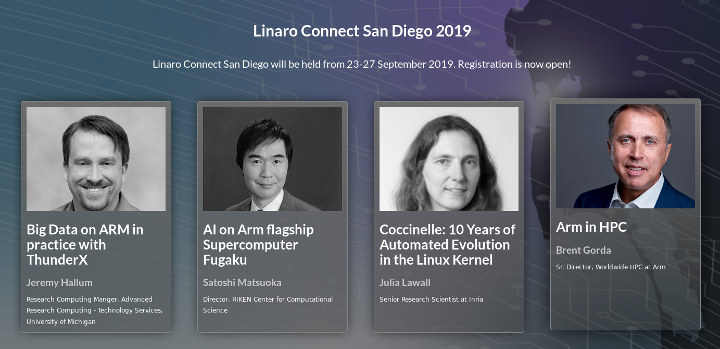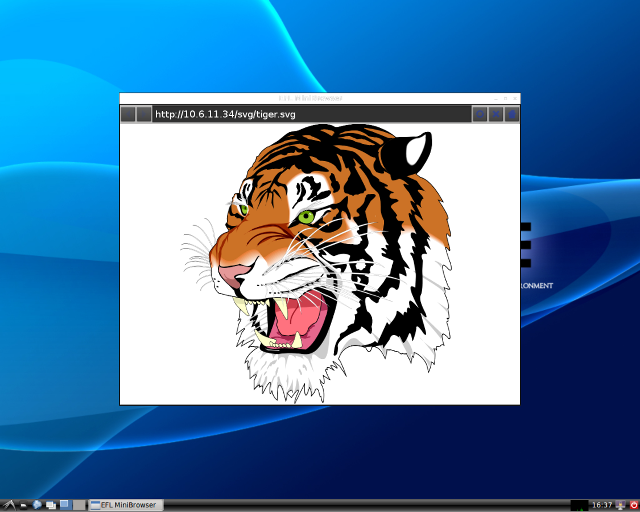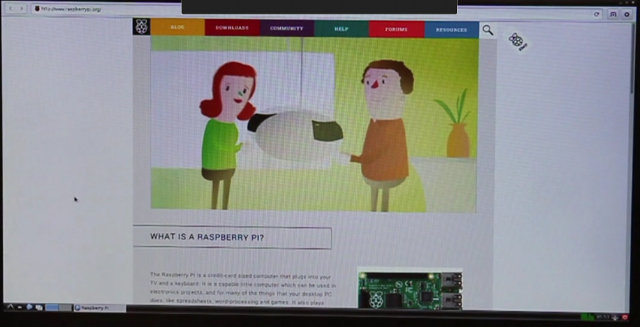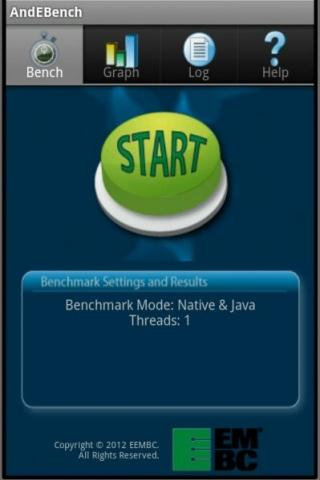Linaro has recently released the full schedule of Linaro Connect San Diego 2019 that will take place on September 23-27. Even if you can’t attend, it’s always interested to check out the schedule to find out what interesting work is done on Arm Linux, Zephyr OS, and so on. So I’ve created my own virtual schedule with some of the most relevant and interesting sessions of the five-day event. Monday, September 23 14:00 – 14:25 – SAN19-101 Thermal Governors: How to pick the right one by Keerthy Jagadeesh, Software Engineer, Texas Instruments With higher Gigahertz and multiple cores packed in a SoC the need for thermal management for Arm based SoCs gets more and more critical. Thermal governors that define the policy for thermal management play a pivotal role in ensuring thermal safety of the device. Choosing the right one ensures the device performs optimally with in the thermal budget. […]
TyGL OpenGL ES 2.0 Backend for WebKit Speeds Up Web Rendering by Up to 11 Times
ARM, Szeged University in Hungary, and Samsung Research UK have been working on TyGL, a new backend for WebKit accelerated with OpenGL ES2.0, and developed and tested on ARM Mali-T628 GPU found in Samsung ARM Chromebook. It will typically provide 1.5 to 4.5 times higher performance, but in the best cases, it can achieve up to eleven times the performance of a CPU-only rendered page. The key features of TyGL include: Web rendering accelerated by GPU – Batching of draw calls delivers better results on GPUs. TyGL groups commands together to avoid frequent state changes while calling the Graphics Context API. Automatic shader generation – TyGL generates complex shaders from multiple shader fragments, and ensures the batches fit into the shader cache of the GPU. Trapezoid based path rendering – Work in progress. It will leverage GPU capabilities such as the Pixel Local Storage extension for OpenGL ES. No software […]
New Optimized Web Browser Released for the Raspberry Pi
If you’ve ever tried to use a Raspberry Pi to browse the web, you must have noticed how frustrating it can be due to the overall sluggishness of the system. But thanks to work by Collaborra, which optimized Epiphany Web browser for the Raspberry Pi, bringing features such as 720p HTML5 hardware video decoding (no flash support), faster loading and scrolling, etc.., the web browsing experience has much improved, although as you’ll see from the video below, it’s still not quite 100% perfect. The key modifications brought to Epiphany Web browser are listed below: More responsive UI and scrolling, even while loading a page Progressive tiled rendering for smoother scrolling Startup is three times faster Avoid useless image format conversions Better YouTube support, including on-demand load of embedded YouTube videos to make page load much faster Hardware decoding and scaling of videos (through gst-omx) Reduction of the number of memory […]
Embedded Linux Conference 2014 Schedule
The Tenth Embedded Linux Conference (ELC 2014) will take place on April 29 – May 1, 2014 at the San Jose Marriott in San Jose, California. The event will feature 90+ sessions on embedded Linux, Android and IoT with over 450 attendees expected to attend. It will also be co-located with Android Builders Summit and the AllSeen Alliance Hackfest. Even if you can’t attend it’s still interesting to see what will be discussed at the event to get a grasp of on-going developments, learn a few things about different optimization techniques, and so on. So I’ve gone through the sessions’ description, and I’ve designed my own virtual schedule with sessions that could be of interest. April 29 9:00 – 9:30 – Keynote: The Paradox of embedded and Open Source by Tim Bird, Sony Mobile Linux has taken the embedded world by storm. Billions (with a ‘B’) of devices have now shipped […]
LinuxCon Europe 2013 Schedule – Web Technologies, Debugging Techniques, Wayland, and More
I’ve just received an email from the Linux Foundation saying the schedule for LinuxCon and CloudOpen Europe 2013 had been made available. The conference will take place for 3 days (October 21-23, 2013) in the Edinburgh International Conference Center, Edinburgh, United Kingdom. There will be over 100 conference sessions, and several co-located events including: Automotive Linux Summit, the Embedded Linux Conference, Gluster Workshop, KVM Forum, Tizen Summit, Xen Project Developer Summit. As I’ve recently done with LinuxCon North America 2013 and ARM TechCon 2013, I’ll make a virtual schedule with selected developer sessions using the event’s schedule builder. You may find out several sessions will also be given in LinuxCon North America. Monday – 21st of October 11:00 – 11:50 – Bluetooth Smart Devices and Low Energy Support on Linux by João Paulo Rechi Vita, INdT This presentation will cover a brief introduction on how the Bluetooth Low Energy technology […]
Google Announces Blink, a Fork of WebKit Rendering Engine for Chromium
WebKit rendering engine has been used by Chromium since the start of the project, but Chromium uses a different multi-process architecture than other WebKit-based browsers, and this has made maintenance increasingly complex, and Google intends to investigate other performance improvement strategies. Those 2 reasons explain why the company has announced it would fork WebKit and start working on its own open source rendering engine called Blink. Google tells web developers that in the short term, Blink will bring little change to them, as most of the work will focus on architectural improvements as well as code cleanup with about 7,000 files, corresponding to 4.5 millions line of code, to be deleted. One of the main changes will be “out-of-process iframes“, where the rendering engine will start a sandbox process for each individual parts of the page in order to render it faster. This has been planned for a while, but […]
List of Android Benchmarks, Optimizations Results & Benchmarks Analysis
Linaro Connect Europe occurred in Copenhagen on Oct. 29 – Nov. 2 2012 (LCE12) and included 3 mini-summits about Android, big.LITTLE and ARMv8. Linaro has recently posted the presentation slides and I’ll have a look at a few of those slides in details and try to post information that I feel can be interesting. Today. I’ll go over the “Benchmarking and Optimization Opportunities” slides, where we can learn which Android Benchmarks Linaro use, how they’ve decreased benchmark results variance, which parts of the system are actually tested by benchmarks (profiling), and what they plan to do to further optimize Android on ARM. When I do some reviews, I usually simply use Antutu and Quadrant benchmarks to assess the performance of the devices, but Linaro uses many more benchmarks which I’ll list below. I’ll provide 2 links for each benchmark. The first link is to the official website and the other […]
Telechips Releases Linux Kernel 3.0.8 and Android ICS Source Code
Telechips has just uploaded the GPL source code for kernel 3.0.8 and Android 4.0 to the open source section of their website. If downloading from telechips website is too slow, you can also try alternate downloads (Thanks Gabe!): Kernel-3.0.8.tar.gz Ics.tar.gz I’ve also created 2 repositories in github: telechips-linux – Linux kernel source code telechips-android – Android platform open source code (webkit + OpenMAX source code) It haven’t looked into the source code in details yet, but hopefully, this will allow developers to customize the firmware running on Telechips TCC8925 based mini PCs such as CX-01 mini Android TV Box or Zero Devices Z900. Jean-Luc Aufranc (CNXSoft)Jean-Luc started CNX Software in 2010 as a part-time endeavor, before quitting his job as a software engineering manager, and starting to write daily news, and reviews full time later in 2011. www.cnx-software.com










